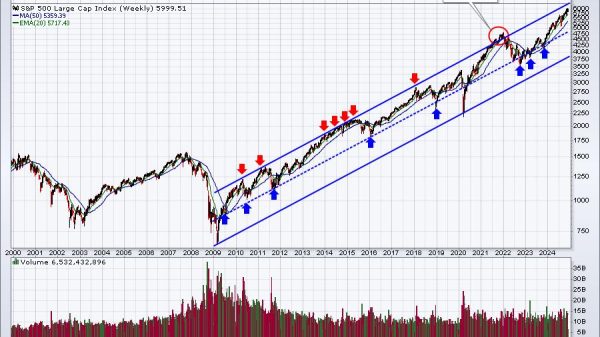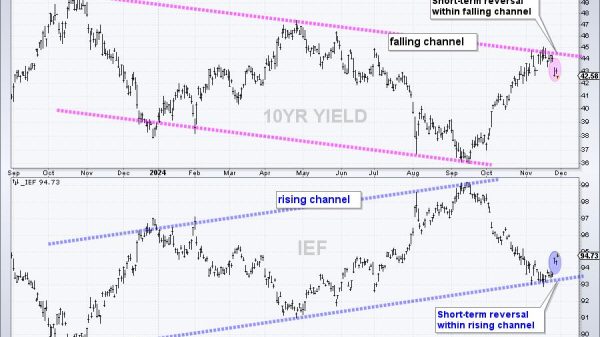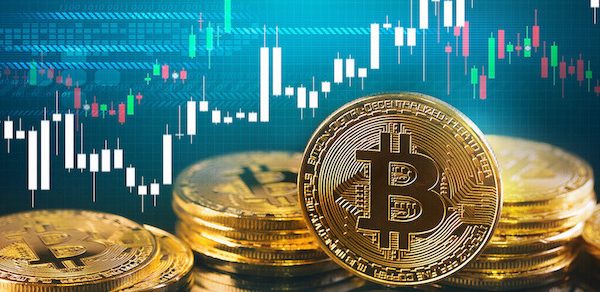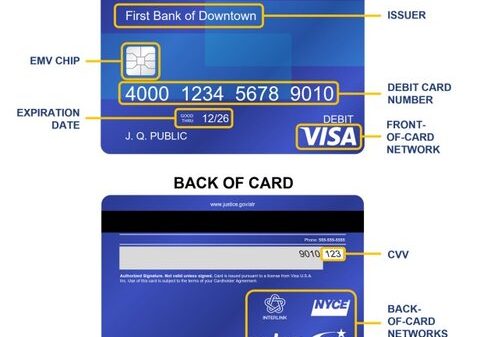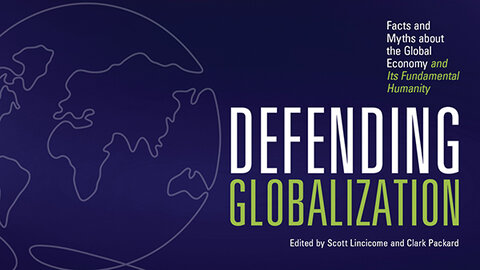The business world is awash with talk of environmental, social and governance (ESG) activity, and particularly companies’ impact on the natural environment.
Sustainability is the buzz word. In a 2023 report, Thomson Reuters Institute found that 71 per cent of businesses believe that the role of ESG in corporate performance will grow, and 91 per cent are already using third-party solutions to help with their ESG management.
This is a great thing. Greenwashing is still common, but offenders are increasingly at risk of being called out and suffering the resulting reputational annihilation. As government-led initiatives and regulation ramp up on the journey to net zero by 2050, there won’t be many business leaders who would dare to leave sustainability off their agendas.
The quandary of supply chains
What progress on sustainability looks like for a business will depend on their sector, size and current carbon footprint, and how forward-thinking its senior leadership team is. A major stumbling block is that the greatest environmental impact is often made outside of a business’ direct operation, by third-party suppliers that provide the actual services or that manufacture and ship the stock, equipment or parts required to run the business. The company does not have direct control over most of this impact, other than by choosing which suppliers to use, and as a business grows, so does its supply chain.
Logistics is often the biggest offender on the carbon scale, whether by air, rail, road or ship. According to ISO, the transport and logistics sector contributes just over a third of global carbon dioxide emissions, and freight transportation alone contributes approximately 8 per cent of global greenhouse gas emissions, rising to 11 per cent if warehouse operations are added.
Focus on ecommerce, a growing industry
Take the ecommerce sector as a prime example. Particularly where retailers are operating without a physical store, they are selling products that rely almost entirely on third-party suppliers, manufacturers and logistics operators.
And what happens when these retailers scale? If you consider that the ecommerce market in the UK has seen growth of almost 40 per cent over the last 10 years and is expected to grow even further, by one-fifth (22 per cent) each year until 2029, then the environmental impact of the suppliers, manufacturers and logistics operators will also grow alongside these retailers.
Taking steps to make ecommerce supply chains more sustainable will be a perpetual theme, particularly in the UK, where we are behind some of our European neighbours. Organisations like the trade association Logistics UK are championing the sector’s move to greater sustainability, but there is a long way to go.
Choice and transparency
The burden does not fall entirely on supply chain operators. In the case of ecommerce, a great onus is on retailers to make sustainable choices. For example, large boxes take up more space in lorries and courier vans, leading to more vehicles filled with ‘air’ on the road making more frequent journeys. But if retailers use right-sized packaging and avoid excess padding, they can help mitigate the environmental impact of the logistics sector, and this applies to any business moving stock of any kind.
All businesses can also influence the market by choosing to work with more sustainability-focused logistics operators and couriers. These operators are also likely to be more transparent about their environmental impact, because in order to chart the course to becoming more sustainable, you first have to assess where you are to begin with. Third-party transparency helps significantly when businesses come to ESG strategies and reporting.
The journey to net neutral
All businesses are on a sustainability journey, whether willingly or not. At the far end of this journey, there are many organisations actively pursuing net neutrality and third parties are, predictably, the biggest blocker to understanding and reducing emissions.
For a business to measure its own impact is relatively straightforward and to become carbon neutral, a company can technically invest in offsetting. However, to be net neutral they must show complete transparency up and down the supply chain and evidence a proactive emissions reduction plan. Obtaining the necessary data from manufacturers and suppliers is a challenge, but one that increasingly the sector is on board with and working towards.
Once a business is able to comprehensively measure its carbon footprint, and that of every supplier and partner for full transparency, the focus turns to improvement and actively reducing carbon footprint to the point of net neutrality.
Whilst this may feel like an uphill climb for businesses currently on this path, the more that join the journey, the easier it will become as measurement and transparency become the norm.
Read more:
Supply chains are the gateway to sustainability






